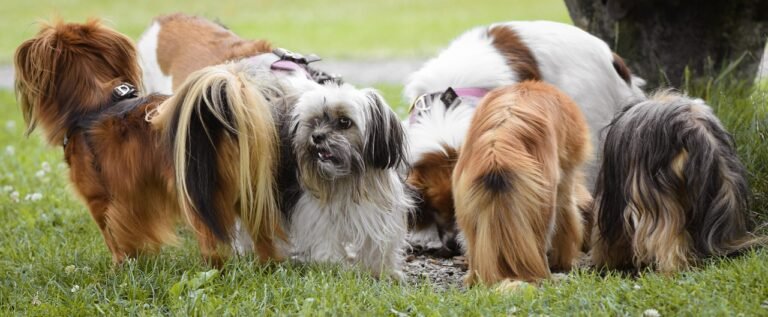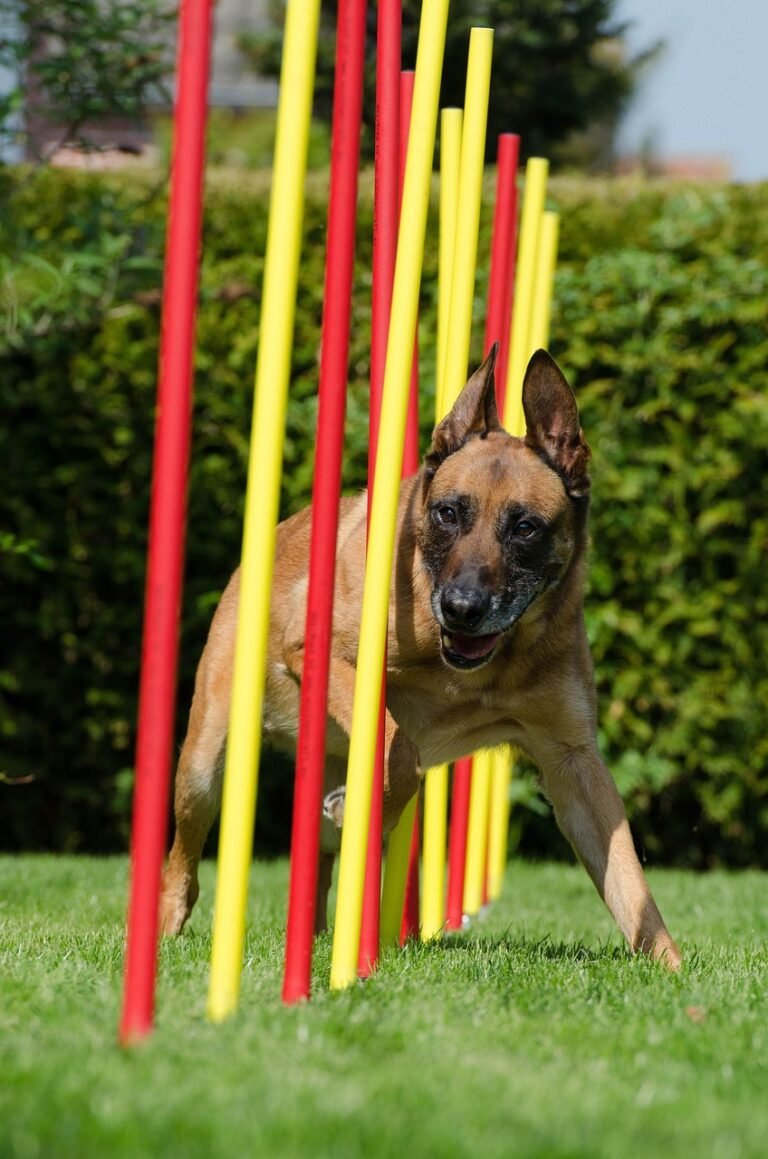Overview of the Beagle Breed
The Beagle is a small to medium-sized dog known for its friendly disposition and remarkably keen sense of smell. Originating in England, Beagles have long been cherished as hunting dogs, primarily bred for tracking game due to their exceptional olfactory abilities. Their lineage can be traced back to ancient hounds, with references to Beagle-type dogs appearing as early as Roman Britain. Over the centuries, the breed has evolved, leading to the dual-purpose Beagle we know today – both a skilled tracker and an affectionate family companion.
Esteemed for their sociable nature, Beagles are often considered ideal family pets. Their playful temperament and innate curiosity make them great for families with children. Their adaptability to different living situations, ranging from apartments to larger homes with yards, has contributed to their popularity. According to the American Kennel Club (AKC) and the United Kennel Club (UKC), Beagles consistently rank high on the list of most popular dog breeds, noted for their engaging personality and ease of training.
While primarily recognized for their history as hunting companions, Beagles have transitioned seamlessly into the role of modern family dogs. Their loyalty and affection often lead them to develop strong bonds with their human family members. The breed’s unique vocalizations, particularly their signature howls, are a part of their charm but also reflect their instinctive heritage as pack animals. Additionally, Beagles are known for their playful enthusiasm, making them excellent playmates for children and other pets alike.
In summary, Beagles encompass a blend of rich history, versatility, and endearing qualities that have made them a beloved choice for countless families. Their attributes as skilled hunters coupled with their affectionate disposition firmly establish them as ideal companions in both hunting environments and homes across the globe.
Size and Physical Characteristics
Beagles are medium-sized dogs renowned for their compact, robust builds and friendly dispositions. Generally, beagles come in two recognized sizes: the 13-inch beagle and the 15-inch beagle. The 13-inch variety typically stands between 10 to 13 inches at the shoulder, while the 15-inch version usually measures between 13 to 15 inches. This size distinction is significant, as it influences their roles both as hunting companions and as family pets.
Regarding weight, adult beagles generally range from 20 to 30 pounds, depending on their size category. Their balanced stature, with a level back and strong limbs, supports both agility and endurance, essential traits for their ancestral role as hunting dogs. Another notable characteristic of beagles is their distinctive head structure. They possess a square-shaped muzzle and large, expressive eyes that create a friendly appearance, making them particularly appealing to families.
Their ears are one of their most recognizable features, being long, droopy, and set low. This ear shape aids in their scent-tracking abilities, contributing to their effectiveness as scent hounds. Beagles also display a variety of coat types and colors. Their short, dense fur typically comes in a multitude of combinations, including classic hound colors like tri-color (black, white, and brown) and lemon (light tan and white). The double-coat nature of beagles helps them maintain a comfortable temperature, regardless of the weather conditions.
These physical traits not only enhance their functionality as hunting dogs but also make them beloved family companions. Their medium stature means they can thrive in various living environments, from apartments to larger homes, while still providing the playful energy families often desire in a pet.
Personality and Behavior
Beagles are renowned for their amiable and social personalities, making them exceptional companions for families. They are generally known to be friendly, approachable, and eager to please, which contributes significantly to their reputation as the perfect family dog. Their playful demeanor invites interaction, and they thrive in environments where they can engage with both children and adults. This breeds a close bond with family members, as beagles are naturally affectionate and enjoy sharing experiences with their human counterparts.
Intelligence is another hallmark of the beagle, although it can sometimes be a double-edged sword. They possess a keen problem-solving ability and are quick learners, yet their independent streak may lead to stubbornness during training sessions. Owners often find that employing positive reinforcement strategies yields the best results when teaching commands. Consistency and patience are crucial, as a beagle’s inquisitive nature may distract them during training. Creating a routine helps channel their energy positively and reinforces good behavior.
In addition to their intelligence, beagles are famously equipped with a powerful sense of smell, which drives many of their instincts and behaviors. This acute olfactory capability can lead to a tendency for independent exploration. It is not uncommon for a beagle to follow a scent, which may take them far from home if not properly supervised. Consequently, it is essential for beagle owners to provide a secure environment and enforce leash laws to ensure their safety.
Despite their instinctual independence, beagles typically coexist harmoniously with children and other pets. Their playful and affectionate behavior makes them a suitable match for both young and old. However, setting boundaries and socializing them from a young age is vital to foster a well-rounded demeanor, thus enhancing their role as a loving family companion.
Care and Maintenance of Beagles
Beagles, known for their friendly and curious nature, require dedicated care and maintenance to thrive as ideal family companions. One of the most critical aspects of their care is a balanced diet. Beagles have a tendency to overeat, so it is important to provide them with high-quality dog food that meets their nutritional needs. Regular feeding schedules should be established to prevent obesity, along with monitoring their weight to ensure they remain healthy.
Exercise is another fundamental component of beagle care. These energetic dogs require at least one hour of vigorous exercise each day, which can include walks, playtime, and interactive games. Regular activity helps maintain their physical health and also provides mental stimulation, which is equally vital for their well-being. Engaging your beagle in scent games or obedience training can also help keep their minds sharp.
Grooming requirements for beagles are relatively low, thanks to their short coats. Regular brushing every few weeks can help reduce shedding and keep their coat healthy. Bathing should be done as needed, usually every few months, to prevent skin issues. Additionally, maintaining their ears is crucial; beagles are prone to ear infections, so routine checks and cleaning are advised to prevent any build-up of wax or moisture.
Health care is of utmost importance in ensuring a beagle lives a long and fulfilling life. Regular veterinary check-ups are essential, as beagles may face several health issues, including hip dysplasia, epilepsy, and obesity-related problems. Keeping up with vaccinations and preventative treatments will help mitigate these risks. Being proactive about their health care will contribute to a happy and vibrant beagle, firmly establishing their role as exceptional family companions.






